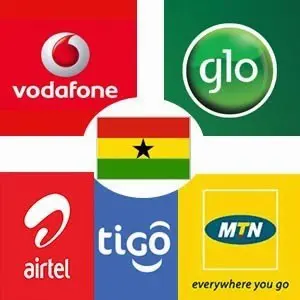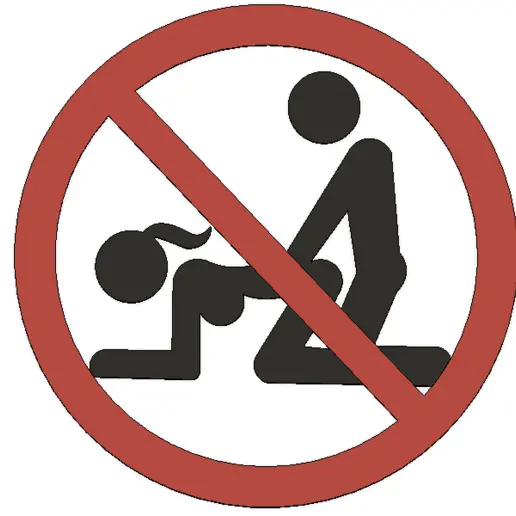Today, July 1, Ghanaians would celebrate the Republic Day, an important event on the country’s political calendar, amidst fanfare and patriotic speeches.Definitely, it would enable the citizenry to commemorate the country’s independence from British rule and the birth of republican status.

Ghana became a republic on July 1, 1960, meaning the country would be observing the 56th anniversary. The various political parties, civil society organizations, statesmen and of course the entire nation, would be united by this singular event, and the media; newspapers, radio stations and television stations would be expected to give the occasion special attention.
As for the youth they would be privileged to listen to patriotic songs, and epic stories, especially about Ghana’s struggle for freedom from the British colonial administration. Republic Day by due convention has become the Senior Citizens’ Day in Ghana. It is one exclusive day of the year when senior citizen or pensioners by invitation walk confidently to the State House in Accra and dine and wine with one another of their age, among the top political personnel of the political leadership of the day. It is aptly the Senior Citizens’ day.
A lot of struggle went on to bring Ghana this far. The country’s attainment of republican status has far reaching consequence.Ghana attained independence from Britain on March 6, 1957, and since then the country has experienced four republics – First Republic (1960), Second Republic (1969) Third Republic (1979) and the current, Fourth Republic (1992).
Many citizens last year could not answer the question of what Republic Day means. Some took a break and attended ‘jams’ and beach parties, but expressed confusion at why Republic Day is a holiday at all. This year would not be an exception as the misunderstanding lingers.
Though a majority of people have heard of the word republic and consider the Republic Day as memorable event, some misconstrue what it means and the impact on Ghanaian society. One day, when I was travelling in a passenger vehicle, popularly known as ‘trotro,’ in Ghana, to Accra, the nation’s capital city, I heard a man boldly told his friend that he was expecting improvement in the living condition of people in the next republic that is the next elections.
I was shocked at the man’s understanding of republic. But, what is a Republic? Basically, a republic is a state in which supreme power is held by the people and their elected representatives, and which has an elected or nominated president rather than a monarch.
However, a republic (from Latin: res publica) is a sovereign state or country, which is organized with a form of government in which power resides in elected individuals, representing the people and government leaders exercise power according to the rule of law. In modern times, the definition of a republic is commonly limited to a government, which excludes a monarch. Some of the world’s sovereign states use the word “republic” as part of their official names, not all of these are republics in the sense of having elected governments, nor do all nations with elected governments use the word “republic” in their names
So, republic does not necessarily mean a change of government or the coming into being of new
government through elections. It actually means the promulgation of a new constitution. There are various ways by which a country becomes a republic. These include constitutional amendment by Parliament or the promulgation of a new constitution after it has been drafted by a constituent assembly, all approved by the people in a referendum.
The adoption of a new constitution can come about as a result of war, coup d’état or military intervention in politics. Political or constitutional crisis can also lead to the collapse of a republic, necessitating the promulgation of a new constitution. Ghana attained its first republican status through Parliamentary amendment. Notwithstanding the attainment of independence, Ghana did not have absolute sovereignty. Kwame Nkrumah became Prime Minister of Ghana, when the country become independent, but he did not wield real powers to administer the country. Indeed, the Governor of Gold Coast was replaced by a Governor-General, who was also Commander in-Chief of the Armed Forces and the executive power of Ghana was vested in the Queen (monarch) of Britain, exercisable by her or by the Governor-General as her representative.
Three years later, Parliament of Ghana amended the 1957 Constitution, giving birth to the (1960) First Republican Constitution, on July 1. What it meant was that Ghana’s status was changed from a constitutional monarchy with Elizabeth II as head of state to a republic with a presidential system of government, thereby attaining absolute sovereignty, weaning itself entirely from British domination. Dr Nkrumah became the first President of Ghana.

Under the republican Constitution, the President of Ghana was described as Head of State, and was responsible to the people. He was the Commander in Chief of the Ghana Armed Forces, and had absolute powers to run the affairs of the country. The President exercised extensive power of appointment to a host of public which was to be mostly made in consultation of the Council of State.
The 1969, 1979 and 1992 republican constitutions of Ghana were occasioned by coup d’état or military intervention in politics. Constituent assemblies were formed to draft all these constitutions, which were approved by the people in a referendum.Although some countries have failed while being republican, others have flourished, and the reasons for these are how the governments are run and how educated its people are.
We have used Ghana’s Republic Day to reflect on what a republic means, and its implications to the welfare and development of a people. But to Ghanaians in particular, what is more significant is for them to take advantage of the celebration of the event and find ways of positively applying their fourth republican constitution in tackling the socio-economic and political challenges, to make the republican status worthwhile.
By George Agyemang
Contributor, GhanaQuest.com




















